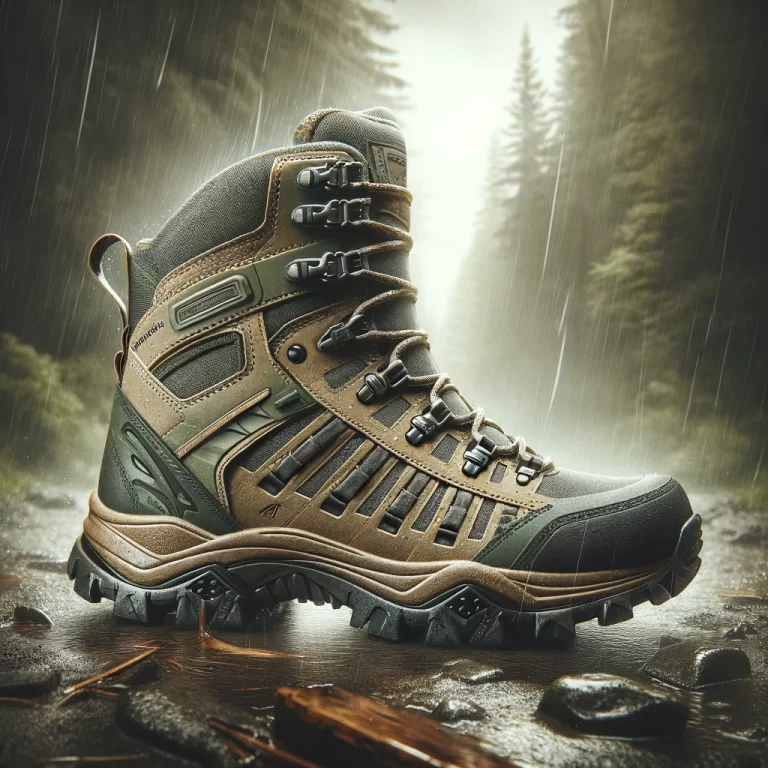Hiking is an activity that offers both physical challenge and spiritual solace, a way to disconnect from the hustle of everyday life and connect with the natural world. However, the enjoyment and safety of your hiking experience can be heavily influenced by the weight of your pack. In this blog post, we’ll explore why maintaining a low base weight is essential for hikers and how it can enhance your outdoor adventures.
What is Base Weight?
Base weight refers to the total weight of your backpacking gear, excluding consumables like food, water, and fuel. This includes your backpack, shelter, sleeping bag, clothing, and other essential gear.
Why is Low Base Weight Important?
1. Increased Comfort and Endurance
Carrying a lighter pack can significantly reduce physical strain, making your hike more comfortable and enjoyable. It allows you to cover longer distances with less fatigue, and with more energy to appreciate the beauty of your surroundings.
2. Reduced Risk of Injury
Heavy backpacks increase the risk of joint and muscle injuries. A lighter load puts less stress on your knees, back, and shoulders, thereby reducing the likelihood of pain and injury.
3. Faster Movement and Flexibility
A lower base weight allows for quicker movement and the ability to navigate challenging terrains more easily. This agility can be crucial in situations where speed is necessary, such as reaching a campsite before dark or outrunning inclement weather.
4. Simplicity and Minimalism
Packing light encourages a minimalist approach. It’s about bringing only what you need, thus simplifying your gear and decision-making process. This minimalism can also translate to a more profound appreciation of the journey, focusing more on the experience than the gear.

How to Achieve a Low Base Weight
1. Invest in Lightweight Gear
Consider upgrading to lightweight tents, sleeping bags, and backpacks. Advances in technology mean that lightweight gear can still offer the durability and comfort needed for the trail.
2. Pack Only the Essentials
Evaluate every item before packing it. Ask yourself if it’s necessary for safety, comfort, and enjoyment. If not, leave it behind.
3. Multi-Functional Gear
Choose gear that can serve multiple purposes. For example, a hiking stick that doubles as a tent pole, or a sleeping bag that can be used as a coat.
4. Test and Refine
After each trip, review what you used and what you didn’t. Continuously refine your gear list based on experience.
While it’s important to be prepared, there’s a balance to be struck between being equipped and being overburdened. A low base weight can transform your hiking experience, making it safer, more comfortable, and more enjoyable. So, as you prepare for your next hiking adventure, remember that when it comes to backpacking, less can indeed be more.





